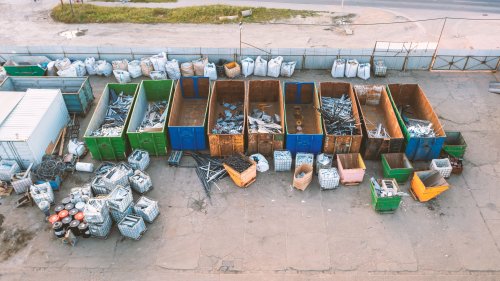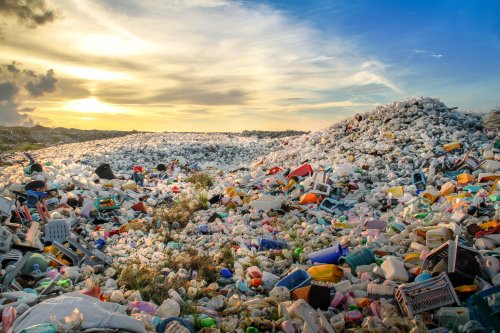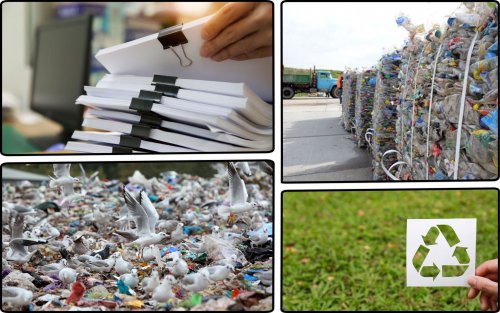The Cabinet of Ministers of Ukraine adopted the resolution "Some issues of announcing the termination of the status of waste".
This is reported by Government portal.
The document approves the procedure and criteria for announcing the termination of the status of waste, as well as the types of waste to which such regulations can be applied. In particular, we are talking about scrap iron, steel, aluminum, copper, glass scraps – things that can be processed and used as raw materials.
According to the Minister of Environmental Protection and Natural Resources, Ruslan Strilets, this is an important step on the way to the EU, circular economy, reducing emissions and restoring the country.
"This decision is a component in the implementation of the waste management reform in Ukraine. We will be able to reduce the amount of waste going to landfills and increase the volume of their reuse. For example, up to 90 million tons of scrap ferrous metals are processed in the EU every year, and the level of collection of secondary raw materials is 88%. On our way to the EU, we should adopt the best practices," said Ruslan Strelets.
The adopted resolution is also a continuation of work on harmonization of Ukrainian legislation with European legislation and fulfillment of obligations under the Association Agreement with the EU. After all, by establishing the appropriate procedure, Ukraine implements the norms of three regulations of the Commission and the Council of the EU to the 98th Directive – 715/2013, 1179/2012, 333/2011.
In addition, the implementation of all mechanisms will provide the enterprise with resources and at the same time reduce CO2 emissions. For example, according to the US Scrap Recycling Institute (ISRI), using ferrous scrap instead of ore in the production of steel and iron reduces emissions by 60%.
As EcoPolitic reported earlier, the European integration Law No. 2320-IX "On Waste Management" entered into force in Ukraine on July 9. The document is designed to change the very philosophy of the industry. In addition to replacing the concept of "waste" with the concept of "raw material", it provides for: creation of a new permit system; decentralization of waste management; multi-level planning; infrastructure development; introduction of the European principles of the waste management hierarchy, extended producer responsibility (EPR) and the "polluter pays" principle.





